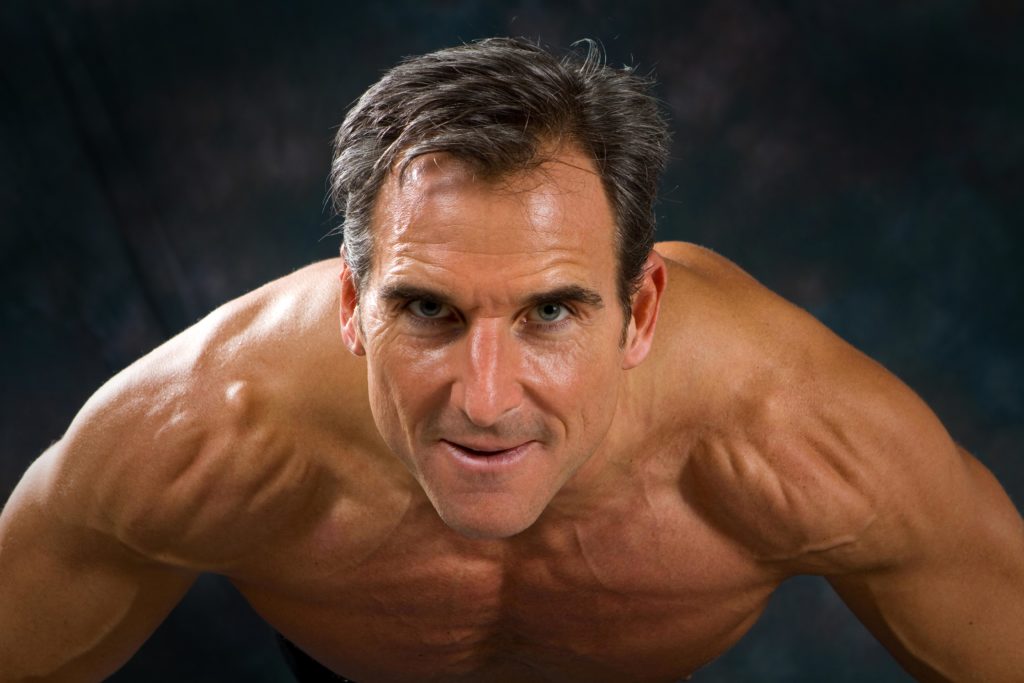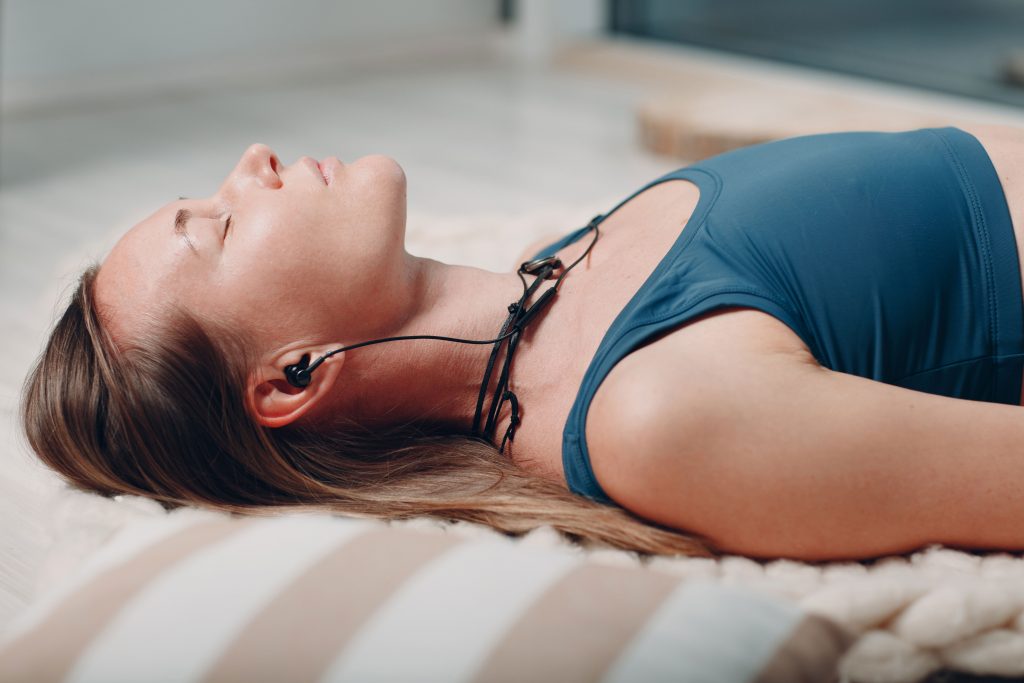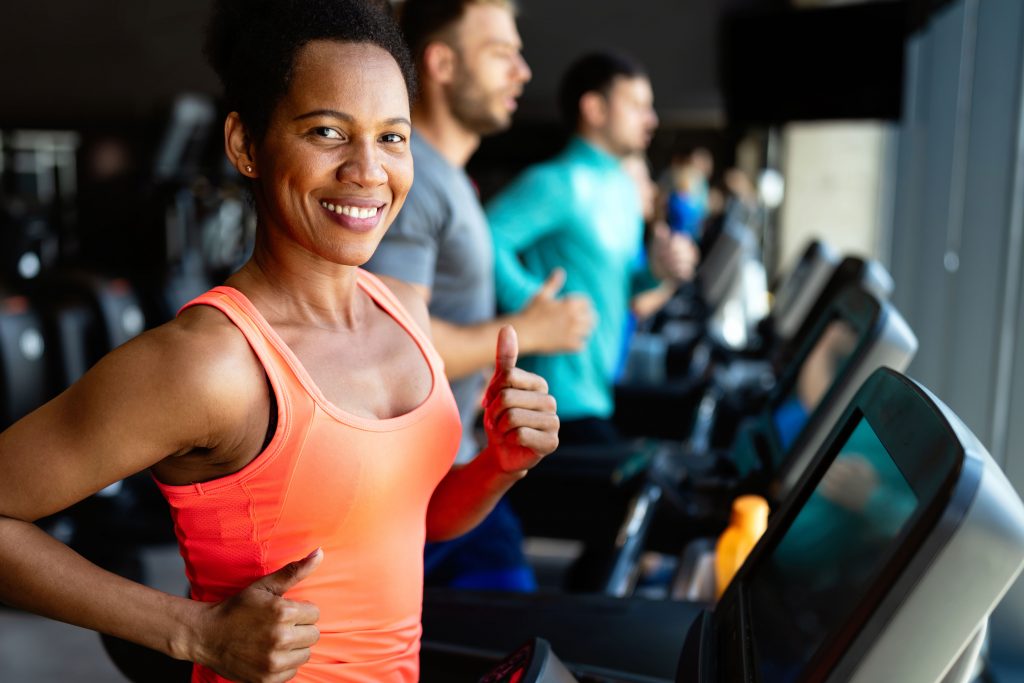Training for Longevity
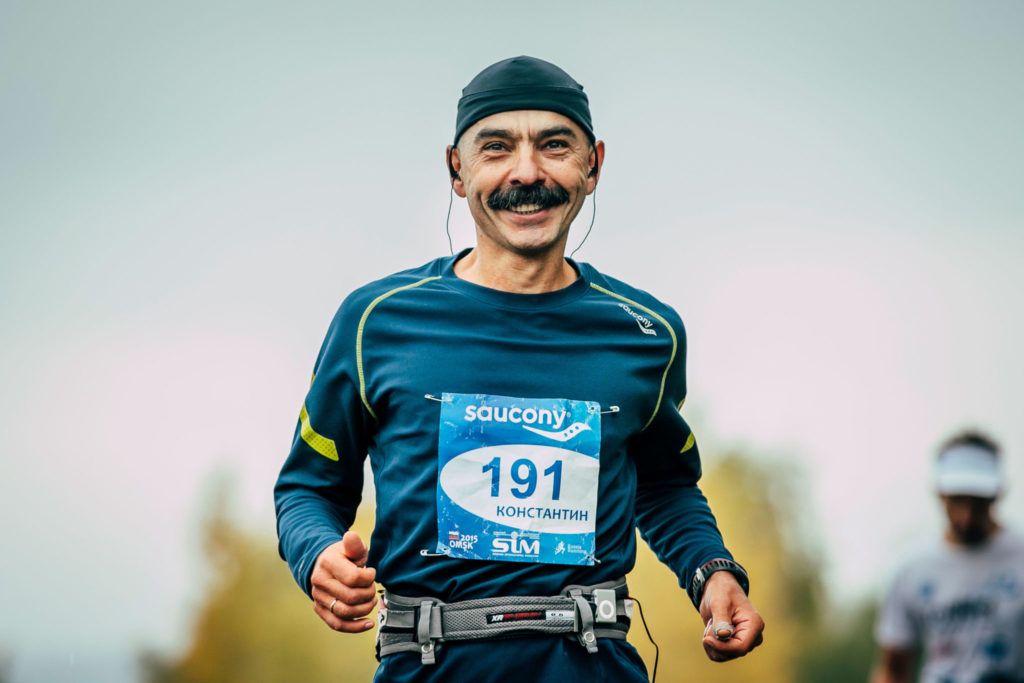
Exercise Increases Your Life Span
We’ve known for a long time that exercise increases your life span. What has remained elusive is how to optimize your training to maximize your life span.
Fortunately, recent research examining the life expectancy of elite athletes begins to answer this important question.
What the Researchers Did
There are three fundamental questions regarding exercising for longevity.
One, what is the optimal exercise dose for longevity? This includes the length of your training sessions and how frequently you train.
Two, what is the optimal exercise intensity for longevity?
Three, what is the best type of exercise for longevity?
To answer these important questions, Drs Adam Runacres, Kelly Mackintosh and Melitta McNarry examined how chronic intensive exercise effects the life expectancy elite athletes (1). They did this by comparing the life expectancy of 165,033 elite athletes to that of the general population (1).
The researchers divided the athletes into endurance (END), team sports, and power (POW) athletes, as shown in Table 1, to measure the effect of different training regimes on lifespan.
| Endurance (END) | Team Sport | Power (POW) |
| Middle/Long Distance Runners | American football | Boxers |
| Rowers | Soccer | Wrestlers |
| Cross Country Skiers | Ice Hockey | Weight Lifters |
| Ice Skaters | Basketball | Throwers, Track and Field |
| Tour de France cyclists | Baseball |
What the Researchers Found
Death by all causes.
All-cause mortality is simply the probability of dying by any disease. It turns out that elite athletes enjoy a significant decrease in all-cause mortality (1). Importantly, this is consistent with previous studies showing that elite athletes tend to live longer (2, 3).
Thus, the importance of exercise in lifespan extension has been confirmed once again.
However, the story became more interesting when the life expectancy of different types of athlete were compared. Endurance athletes were the longest-lived athletes (1). Team sport athletes also enjoy a reduced all-cause mortality compared to the general population (1). In contrast, power athletes do not live longer than the average person (1).
This finding suggests that training for endurance, and to a lesser extent team sports, provide overall longevity benefits. Unfortunately, training exclusively for power sports appears to be ineffective for increasing your lifespan.
Death by Cardiovascular Disease (CVD)
Next, the Authors examined the effect of exercise on death by cardiovascular disease. As expected, endurance athletes, who have the highest cardiorespiratory fitness, are the best protected against cardiovascular disease (1).
Team sport athletes are also protected from cardiovascular disease, although this effect was not as great as for the endurance athlete (1). Unfortunately, being an elite power athlete provides no protection against cardiovascular disease (1).
These findings provide yet more evidence that improving cardiorespiratory fitness is protective against cardiovascular disease. Sadly, training for power sports provides little protection against cardiovascular disease.
Death by Cancer
The biggest surprise of the study was the effect of sport type on the incidence of cancer. Although endurance athletes displayed a trend towards a reduced incidence of cancer compared to the general population, this did not reach statistical significance (1), which was unexpected. It appears that pure endurance training provides only slight protection against cancer.
In contrast, team athletes showed an approximately 27% reduction in cancer mortality compared to the general population, and this was statistically significant (1). However, the big winners in the cancer stakes are the power athletes, who show a 50% reduction in death by cancer compared to the general population (1).
This striking result suggests that the strength training programs used by elite power and team athletes are highly protective against cancer.
Putting it All Together
Longevity is for Everyone
Elite athletes represent a group of genetically gifted individuals. Few people have the genetic endowment necessary to ascend the pinnacle of sporting prowess, even with the best training, diet, and coaching.
It’s therefore important to know that elite athletes are not genetically gifted when it comes to disease (4). It turns out that elite athletes have the same genetic predispositions to disease as everyone else (4). Thus, the longevity benefits associated with being an elite athlete are entirely due to the athlete’s lifestyle, not their genes.
Train for Performance
Elite athletes train long, and they train hard. It is, after all, their job to compete and win at the highest level of their chosen sport. From this we can infer that training hard, training frequently and training consistently are important for the elite athlete’s increased longevity.
However, keep in mind that elite athletes train for one purpose, to win. They carefully plan both their training and their recovery to continually improve their physical prowess without over training.
For these reasons, we suggest that your training program should likewise be focused on improving your strength, endurance, power and mobility, without burning out.
Simply put, focus on training hard enough and often enough to consistently improve your performance over time. However, don’t train so hard that you stagnate, go backwards or suffer serious injury.
Train Both Endurance and Power
Arguably the most important finding of the study was that training your cardiovascular system protects you from cardiovascular disease, whereas training for power protects you from cancer (1).
This means that you should train for both power and endurance if you seek to maximize your longevity and health.
The Take Home Message
Exercise protects you from the two biggest killers: cardiovascular disease and cancer. Specifically, endurance training protects you from cardiovascular disease, whereas power training protects you from cancer.
Therefore, if you want to live a long time, you should include both endurance and power training into your exercise routine.
Please click on the link below for your free PDF.
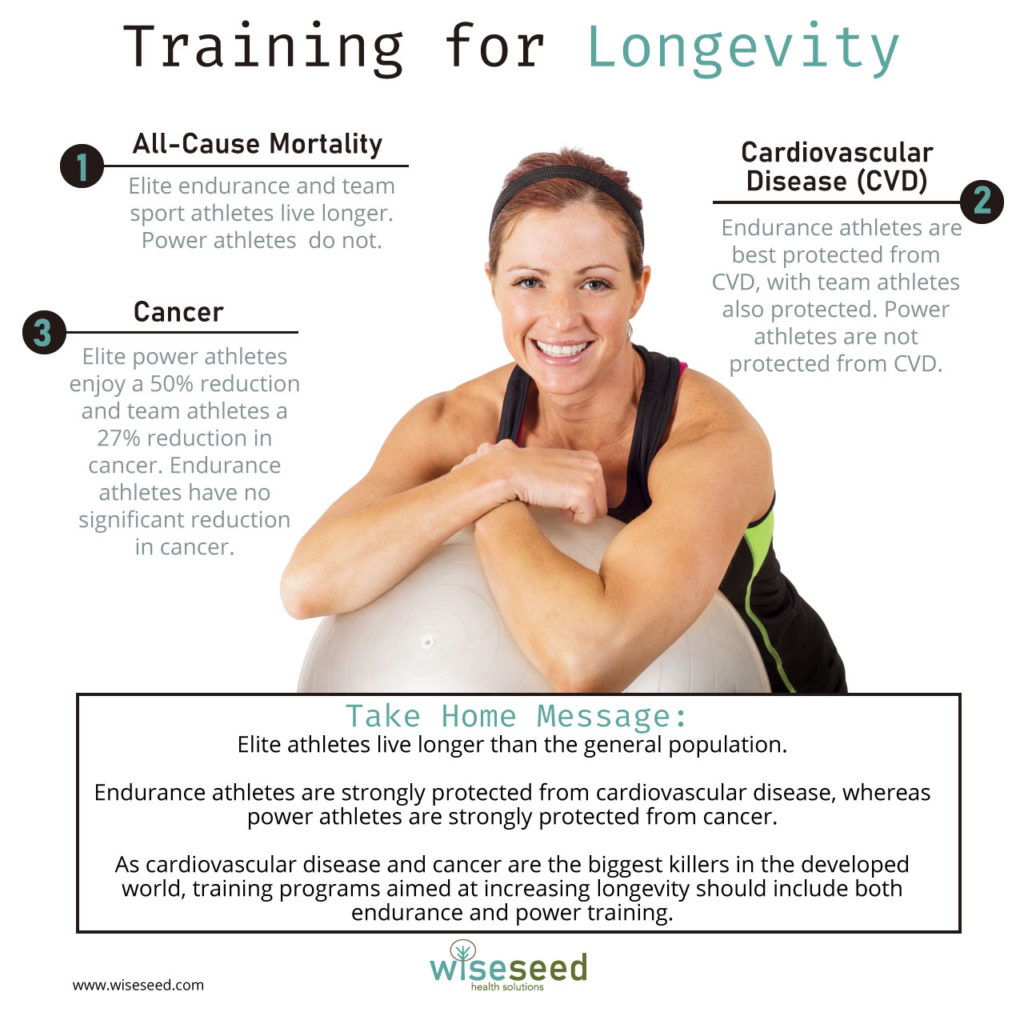
References and Further Reading
1. A. Runacres, K. A. Mackintosh, M. A. McNarry, Health Consequences of an Elite Sporting Career: Long-Term Detriment or Long-Term Gain? A Meta-Analysis of 165,000 Former Athletes. Sports Med 51, 289-301 (2021).
2. M. Teramoto, T. J. Bungum, Mortality and longevity of elite athletes. J Sci Med Sport 13, 410-416 (2010).
3. S. Lemez, J. Baker, Do Elite Athletes Live Longer? A Systematic Review of Mortality and Longevity in Elite Athletes. Sports Med Open 1, 16 (2015).
4. J. R. Ruiz, M. Morán, J. Arenas, A. Lucia, Strenuous endurance exercise improves life expectancy: it’s in our genes. Br J Sports Med 45, 159-161 (2011).
Acknowledgements
Images by sportpoint and Yobro10
Disclaimer
The material displayed on this website is provided without any guarantees, conditions or warranties as to its accuracy.
Information written and expressed on this website is for education purposes and interest only. It is not intended to replace advice from your medical or healthcare professional.
You are encouraged to make your own health care choices based on your own research and in conjunction with your qualified practitioner.
The information provided on this website is not intended to provide a diagnosis, treatment or cure for any diseases. You should seek medical attention before undertaking any diet, exercise, other health program or other procedure described on this website.
To the fullest extent permitted by law we hereby expressly exclude all warranties and other terms which might otherwise be implied by statute, common law or the law of equity and must not be liable for any damages whatsoever, including but without limitation to any direct, indirect, special, consequential, punitive or incidental damages, or damages for loss of use, profits, data or other intangibles, damage to goodwill or reputation, injury or death, or the cost of procurement of substitute goods and services, arising out of or related to the use, inability to use, performance or failures of this website or any linked sites and any materials or information posted on those sites, irrespective of whether such damages were foreseeable or arise in contract, tort, equity, restitution, by statute, at common law or otherwise.
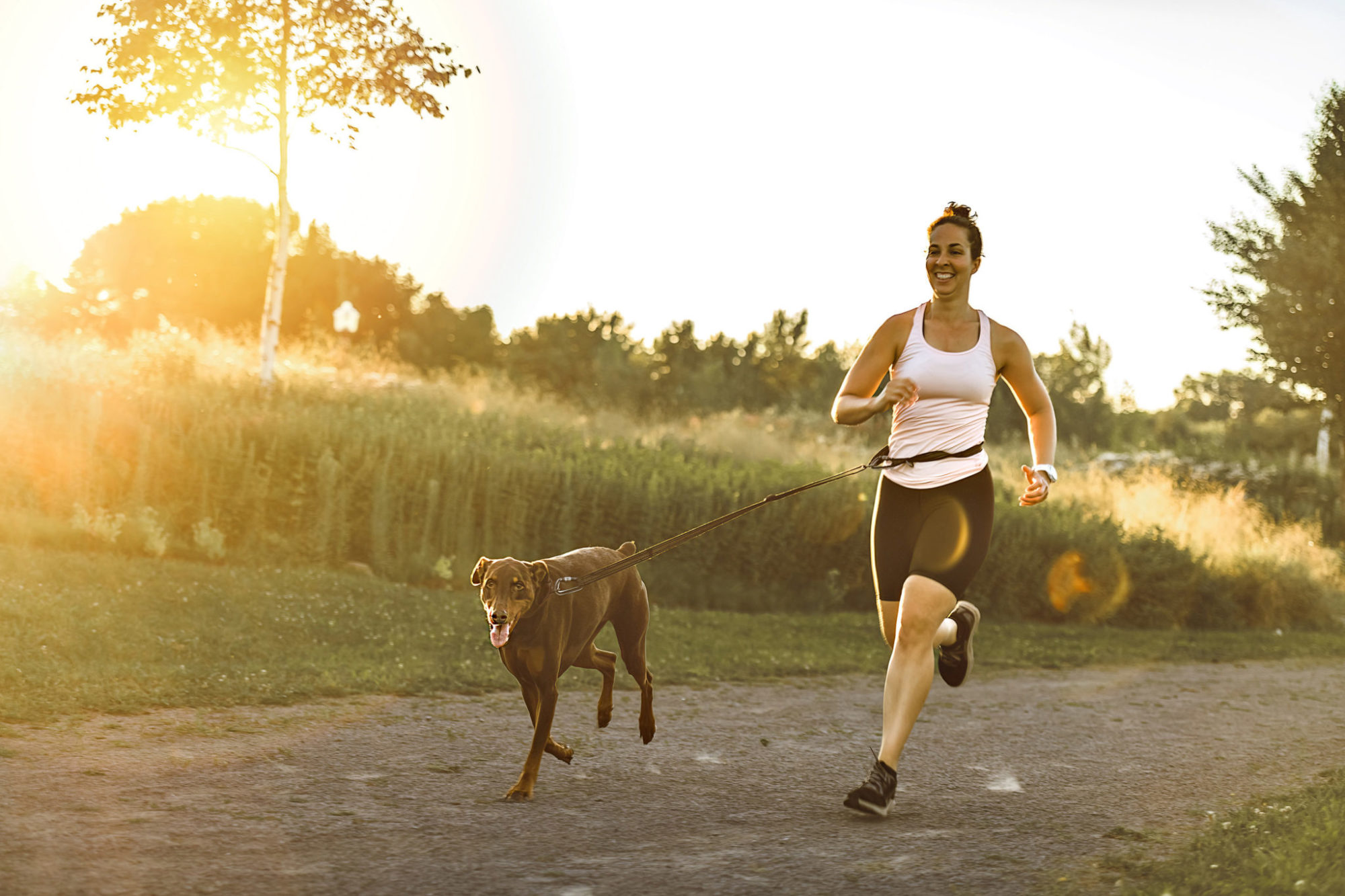
Ten Minutes is All You Need
Research has shown that ten minutes of moderate-to-vigorous exercise performed each day is enough to significantly reduce your risk of early death.



